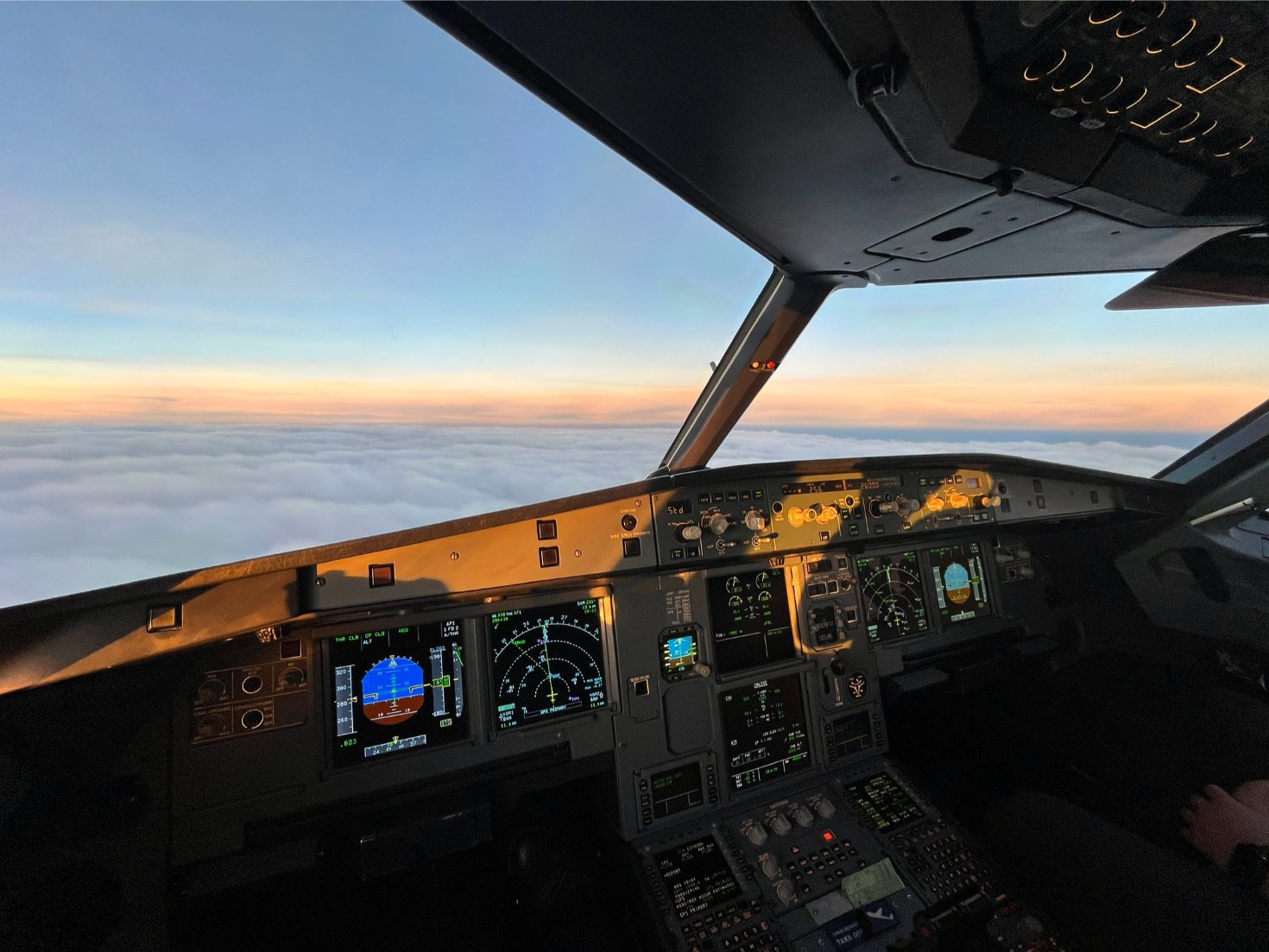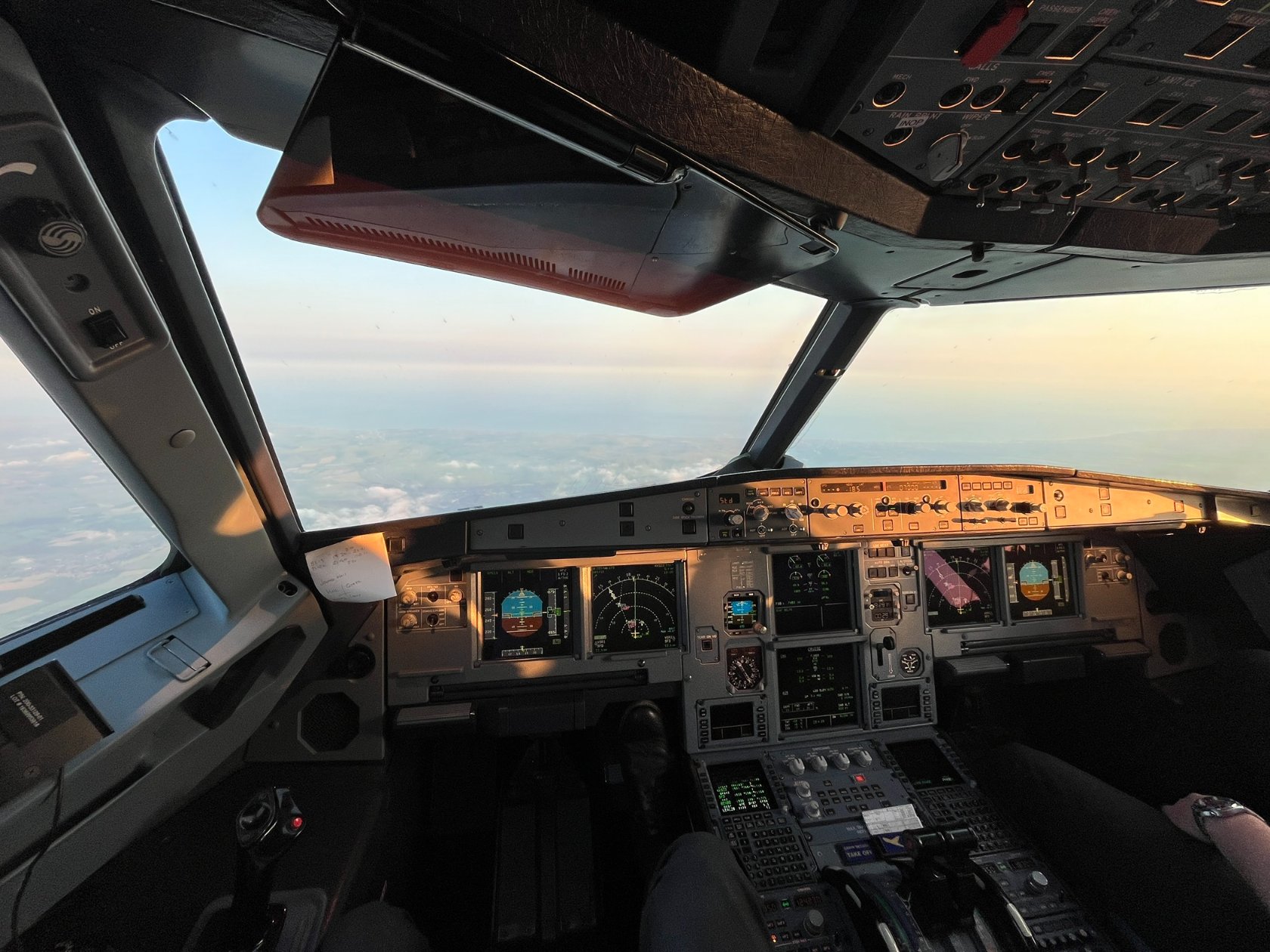
Airport Closure & Failure Management
A day filled with decisions, delays and expectation management. Another insight into what the daily life of an airline captain really consists of…
The future of artificial intelligence (AI) in the airline industry holds exciting possibilities for transforming the role of airline pilots. AI technology is poised to revolutionize the way pilots operate and interact with aircraft systems. While AI is not expected to replace pilots entirely, it will significantly augment their capabilities and reshape their responsibilities.
One key area where AI will play a crucial role is in flight automation. By leveraging advanced AI algorithms, pilots can benefit from real-time data analysis, leading to improved decision-making during flights. This can enhance flight safety, optimize fuel consumption, and minimize human errors. Pilots will collaborate closely with AI systems, overseeing their performance and making high-level decisions based on the insights provided.
Moreover, AI has the potential to revolutionize pilot training and skill development. Virtual reality (VR) and augmented reality (AR) technologies can create immersive training environments, enabling pilots to practice complex scenarios without relying solely on physical aircraft. AI-powered simulators can offer personalized training programs, identifying areas of improvement and tailoring the training experience accordingly.
However, despite these advancements, the role of pilots will remain vital for the foreseeable. They will continue to provide critical oversight, maintain situational awareness, and handle complex or unforeseen circumstances that AI may struggle to handle in its current form. Pilots possess unique human skills such as judgment, intuition, and empathy, which are indispensable for managing emergencies and ensuring passenger comfort. AI as we know, is getting increasingly more aware and intelligent by the day, so I do see a future where AI is actually better at managing emergencies than a human.
In conclusion, the future of AI in the airline industry will redefine the role of pilots by leveraging advanced technologies to enhance safety, efficiency, and training. While AI will automate certain tasks and provide valuable assistance, human pilots will remain essential for their expertise, decision-making abilities, and the human touch in the cockpit until AI develops to a level where it can incorporate all the above.

A day filled with decisions, delays and expectation management. Another insight into what the daily life of an airline captain really consists of…

It’s a Sunday morning and I’m jolted awake by the piercing sound of my phone ringing at 5am for what is going to be (unbeknown to me at this point) a whopping 16+ hour duty day…
Copyright © 2024 Pilot Bible